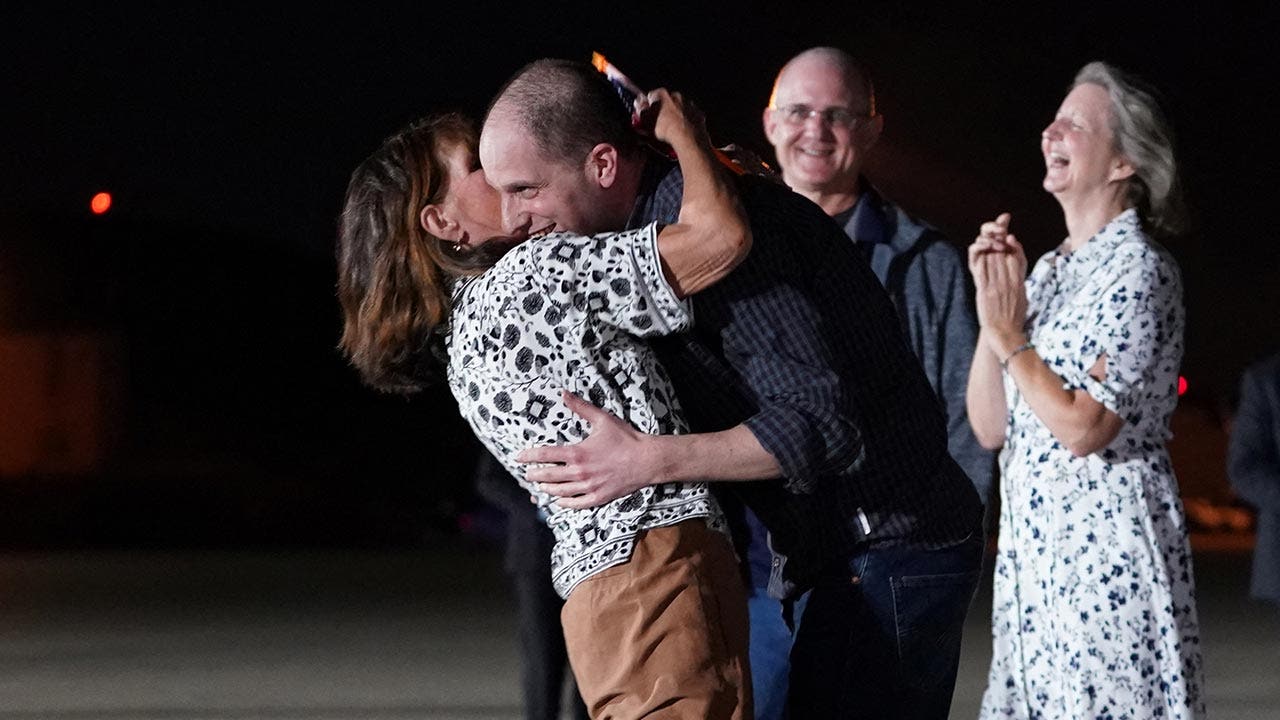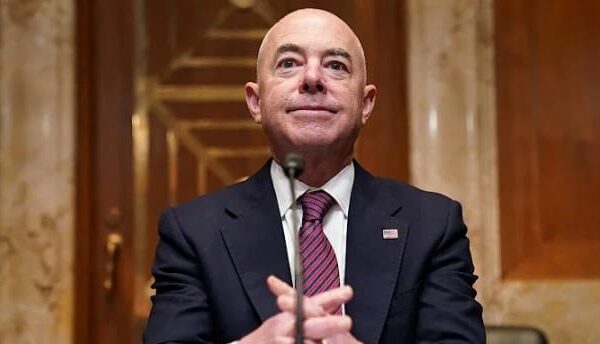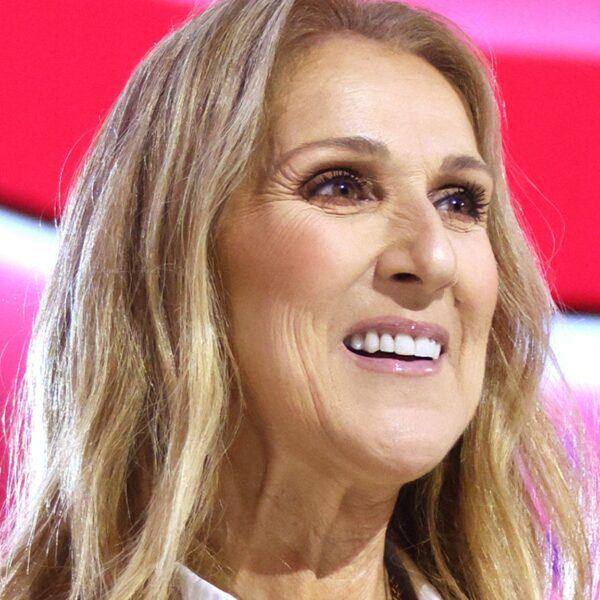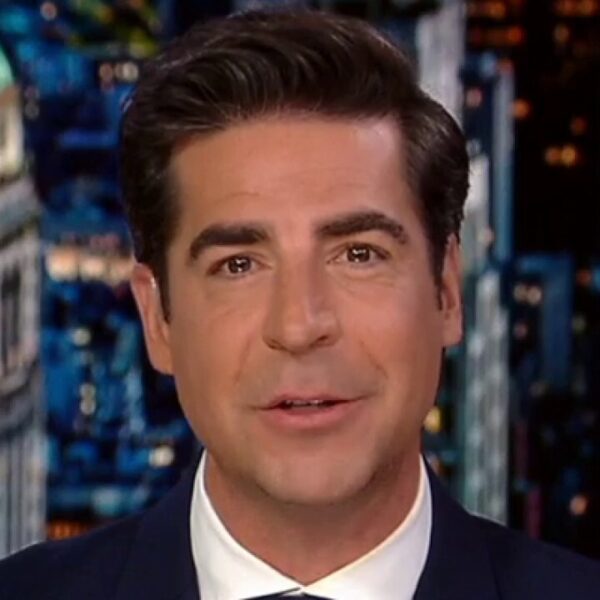

Even if it feels great to be offered something at no cost, staff at the European Commission, the European Union’s executive arm, can no longer accept them—whether that’s Olympic passes or concert tickets.
The commission reportedly told its staff in an email that it would ban freebies as they raise “questions of compliance with the expected ethical behavior of members and staff, or can create reputational risks for the commission and the persons concerned,” Politico reported on Wednesday.
The rule is said to apply to large-scale events whose tickets are often hard to get hold of, such as the Eurovision Song Contest and the Olympics. There’s no clear threshold for the value of gifts staffers can accept. Although commissioners can accept certain gifts as long as they’re below €150 in value, they’re encouraged to refuse them.
One situation where the exception would apply is at sporting events if the staff member is representing the commission or the tickets are offered as a courtesy.
“The reputational risk of accepting a ticket is high when the general public has difficulties to obtain tickets,” the email said.
The general guidance for staff is that “a simple offer of tickets constitutes a gift that should generally be refused,” a spokesperson for the European Commission told Fortune. If the staffer must accept the gift for diplomatic or other reasons, they must seek permission.
“Commissioners shall not seek or accept gifts unless there is a due justification,” the spokesperson said.
The new rules have emerged in light of scandals involving commission members on similar accounts. For instance, Henrik Hololei, who served in the transport department, took free flights during a major deal negotiation last year. The commission has a pattern of accepting trips paid for by third parties either in part or fully, Politico found.
Last June, the European Commission proposed adopting a standardized approach for all EU bodies on accepting gifts, hospitality and travel arrangements from third parties.
High-profile political figures are generally scrutinized for such actions because of ethical conflicts. Such actions could create a quid-pro-quo relationship, giving politicians more power to influence business.
There are numerous examples even outside the European Union.
For instance, last month, British Prime Minister Keir Starmer reportedly accepted £76,000 worth of event tickets, clothes, and other freebies from donors following the 2019 general elections, the Financial Times reported. These charges are typically meant to be disclosed to the U.K.’s House of Commons register of interest, excluding international travel.
Starmer defended his decision to accept free tickets for football games, saying it was a security concern to have him seated in the stands.















